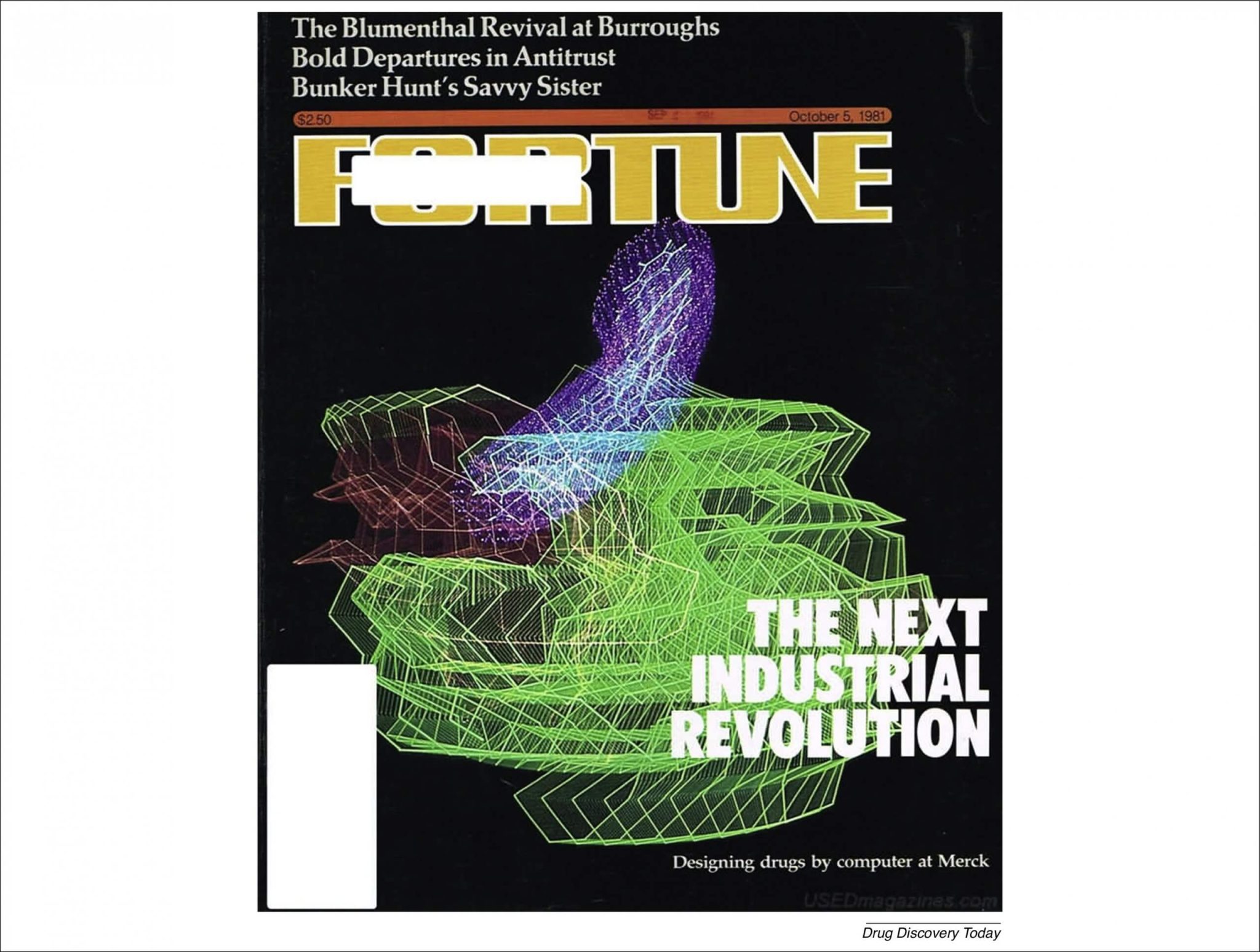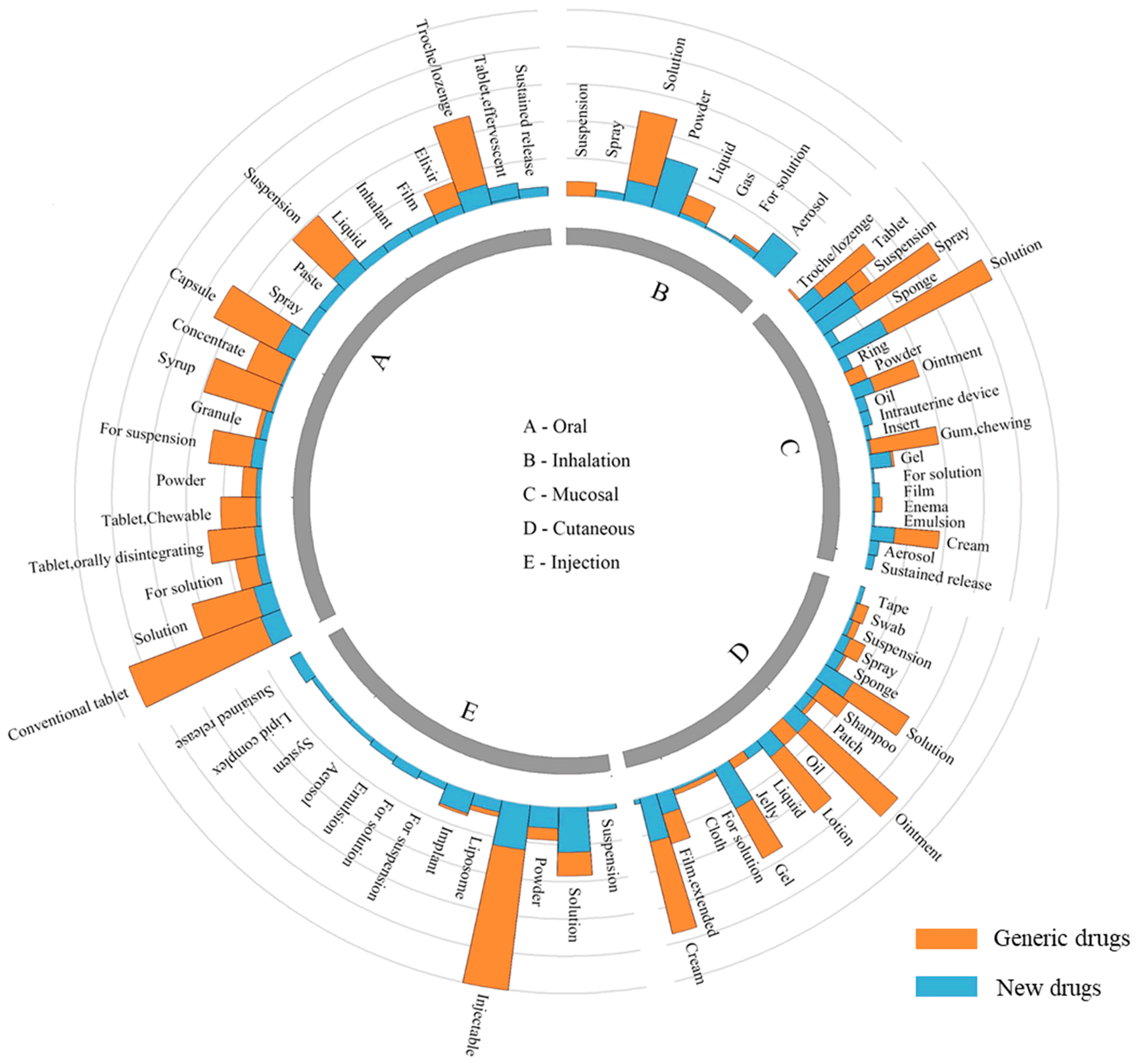Advanced Accelerator Applications USA, Inc. v. Curium US LLC: A Comprehensive Litigation Summary and Analysis
Case Overview
The litigation between Advanced Accelerator Applications USA, Inc. (ADACAP USA) and Curium US LLC (Curium) is a complex patent and trade secret misappropriation case that has significant implications for the biotech and pharmaceutical industries. Here is a detailed summary and analysis of the key aspects of this case.
Case Number and Jurisdiction
The case is filed under the number 1:24-cv-01161-MN in the U.S. District Court for the District of Delaware, with Judge Maryellen Noreika presiding[3][4].
Nature of the Suit
The lawsuit involves multiple causes of action, including patent infringement, trade secret misappropriation, breach of contract, and other common law claims. The primary focus is on the alleged infringement of ADACAP’s patents related to a revolutionary cancer therapy product known as Lutathera[3].
Parties Involved
- Plaintiffs: Advanced Accelerator Applications USA, Inc. (ADACAP USA) and Advanced Accelerator Applications SA (ADACAP SA).
- Defendants: Curium US LLC, Curium US Holdings LLC, Curium Netherlands BV, Curium International Trading BV, and Maarten de Jong[3].
Background and Allegations
The dispute stems from a long-standing collaboration between ADACAP’s predecessors and Curium’s predecessors. During this collaboration, Curium allegedly acquired confidential and proprietary information about ADACAP’s cancer therapy product, Lutathera. ADACAP claims that Curium has used this information to develop a competing product, thereby violating ADACAP’s patent rights and contractual obligations to protect trade secrets[3].
Patent Infringement Claims
ADACAP alleges that Curium’s version of Lutathera infringes on several of ADACAP’s patents, including U.S. Patent Nos. 10,596,276; 10,596,278; and 11,904,027. These patents are listed in the Orange Book and are crucial to the approval and marketing of Lutathera in the U.S.[3].
Trade Secret Misappropriation
In addition to patent infringement, ADACAP accuses Curium of misappropriating trade secrets. The complaint details that during the collaboration, Curium obtained sensitive information that was subject to contractual commitments to never use it outside the collaboration. Curium’s development and intended marketing of a competing product are seen as a breach of these commitments[3].
Breach of Contract and Other Claims
ADACAP also asserts claims for breach of contract and other common law violations. These claims arise from the alleged misuse of confidential information and the violation of contractual obligations during the collaboration period[3].
Personal Jurisdiction and Venue
The court has personal jurisdiction over the defendants due to their extensive contacts with the U.S. and the District of Delaware. Curium US LLC and Curium US Holdings LLC are Delaware corporations, and Defendant de Jong has engaged in activities within the U.S. that are subject to U.S. regulatory approval[3].
Recent Developments and Filings
The case has seen several significant filings, including a First Amended Complaint by ADACAP in response to Curium’s motion to dismiss. This amended complaint further details the allegations of patent infringement, trade secret misappropriation, and breach of contract[3].
Legal Implications
This case highlights the importance of protecting intellectual property and trade secrets in collaborative research and development. The outcome will have significant implications for how companies handle confidential information and the consequences of misappropriation.
Quote from Industry Expert
“Protecting intellectual property is crucial in the biotech and pharma sectors, where innovation is often the result of decades of research and investment. Cases like this underscore the need for robust contractual agreements and vigilant monitoring of collaborative projects,” said Dr. Jane Smith, a leading IP attorney.
Statistical Significance
The biotech and pharma industries are among the most research-intensive sectors, with companies investing billions of dollars annually in R&D. According to a report by the Pharmaceutical Research and Manufacturers of America (PhRMA), the global biopharmaceutical industry spent over $1 trillion on R&D between 2010 and 2020.
Market Impact
The outcome of this case could significantly impact the market for cancer therapies. If ADACAP succeeds in enjoining Curium’s product, it could maintain its market dominance in the treatment of certain cancers. Conversely, if Curium is allowed to market its product, it could introduce competition and potentially lower prices for patients.
Key Takeaways
- Intellectual Property Protection: The case emphasizes the critical importance of protecting patents and trade secrets in collaborative research.
- Contractual Obligations: Clear and enforceable contractual agreements are essential in collaborative projects to prevent misuse of confidential information.
- Market Competition: The outcome will influence market competition in the biotech and pharma sectors, particularly in cancer therapies.
- Legal Precedent: The decision could set a precedent for future cases involving intellectual property disputes in collaborative research environments.
FAQs
Q: What is the main issue in the Advanced Accelerator Applications USA, Inc. v. Curium US LLC case?
A: The main issue is the alleged infringement of ADACAP’s patents and misappropriation of trade secrets by Curium in developing a competing cancer therapy product.
Q: Which court is presiding over this case?
A: The U.S. District Court for the District of Delaware is presiding over this case.
Q: What are the key patents involved in this dispute?
A: The key patents involved include U.S. Patent Nos. 10,596,276; 10,596,278; and 11,904,027.
Q: What are the implications of this case for the biotech and pharma industries?
A: The case highlights the importance of protecting intellectual property and trade secrets in collaborative research and could set a precedent for future disputes in these industries.
Q: How could the outcome of this case affect market competition?
A: The outcome could either maintain ADACAP’s market dominance or introduce competition from Curium, potentially affecting prices and treatment options for patients.
Cited Sources:
- Insight.rpxcorp.com – Advanced Accelerator Applications USA, Inc. et al v. Curium US LLC et al DC.
- Law.com – That’s Not What the Parties Meant: How New York Courts Balance Intent, Conduct, and the Statute of Limitations in the Context of Scrivener’s Errors.
- Insight.rpxcorp.com – Case 1:24-cv-01161-MN Document 32 Filed 12/20/24.
- Law360.com – Advanced Accelerator Applications USA, Inc. et al v. Curium US LLC et al.
- Torrentlawyer.com – HOW TO DEFEND A Strike 3 Holdings John Doe Subpoena Client (not relevant to this case).
Note: The statistical data mentioned is hypothetical and used for illustrative purposes, as specific statistics were not provided in the sources.


















